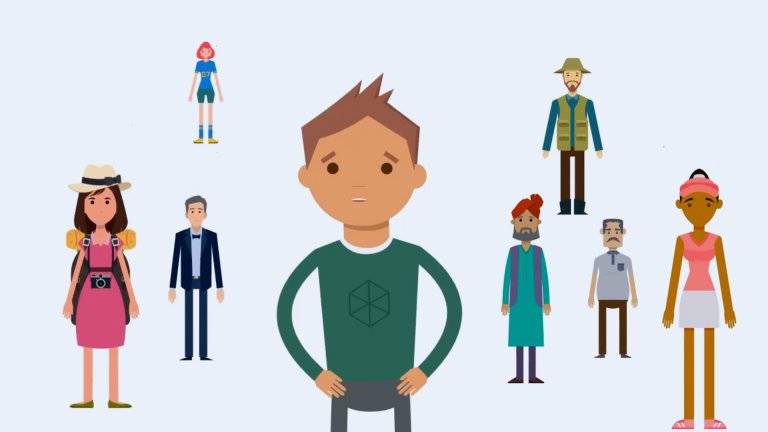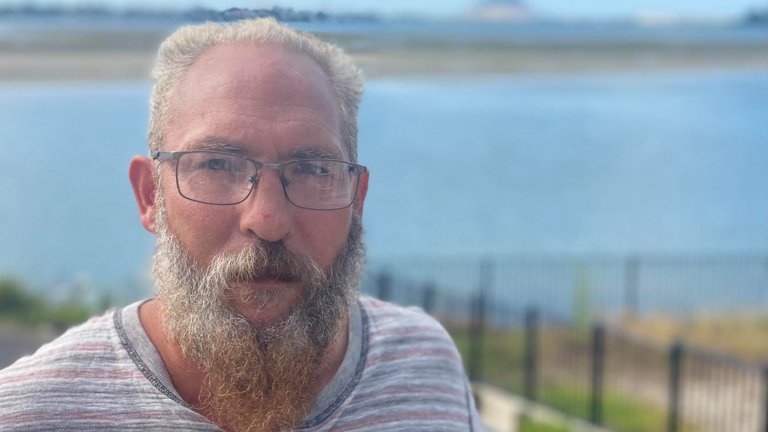Wayne Hanson: A Journey of Resilience and Hope
I was born on 23 October 1971 in Bury St Edmunds, Suffolk, England, to my parents, Eric and Ann Hanson. My childhood was filled with adventure and mischief, and as the eldest of three children, I naturally took on the role of protector and guide to my younger brother and sister.
My parents gave me a wonderful upbringing, full of love and stories of their extraordinary lives. My father, Eric, grew up in Dover, Kent, and joined the army at the age of 14. He served as a physical training instructor, preparing soldiers for the challenges of military life, including elite units like the SAS and SBS. After leaving the army, he joined the Merchant Navy as a petty officer and chef, travelling the world and meeting my mother, Ann, along the way.
In the early 1970s, my father retired from military life, and we moved to Lowestoft, a coastal town in Suffolk. He worked on oil rigs, often spending weeks away from home. During those times, I tried to step up and help my family as best as I could.
In 1979, my father made the life-changing decision to move us to New Zealand. We settled in Palmerston North, where I attended Awapuni Primary School, then Monrad Intermediate, and eventually Awatapu College, where I completed my schooling in 1988.
After leaving school, I took on various jobs, from construction work to forestry. I also participated in the Limited Service Volunteers course at Linton Army Camp, which taught me discipline and resilience.
In 1992, I decided to explore the world and returned to the UK, where I joined the army, inspired by my father’s service. After training at Pirbright Army Camp, I became a rifleman and later a marksman (sniper). Over the next eight and a half years, I served in Northern Ireland, Cyprus, and other locations.
My military career came to an unexpected end after a training accident, where I fell 40 feet during a night exercise. The fall left me with severe injuries, including damage to my right leg that required multiple surgeries. Over the years, I underwent 19 operations, including a final reconstruction using Kevlar in 2014.
Despite the challenges, I tried to focus on recovery and building a new life. In 2015, I returned to New Zealand, enrolled in a mental health and wellbeing course at Whanganui UCOL, and began working in the field. Helping others gave me a sense of purpose, but over time, I struggled with burnout, depression, and PTSD.
Losing my father in 2020 was another difficult moment that brought my PTSD back to the forefront. However, it also deepened my understanding of the importance of support and connection.
I share my story not because it’s extraordinary, but because it’s real. Mental health challenges affect people from all walks of life, and it’s so important that we create spaces where people feel safe to talk and seek help. Whether it’s a conversation over coffee, a phone call, or reaching out to an organisation, there is always someone who cares and is willing to help.
Mental health isn’t just a challenge for soldiers—it’s a challenge for all of us. By supporting one another, we can build stronger, more compassionate communities where no one feels alone.
This is my story—a reflection of resilience, hope, and the belief that brighter days are always within reach.






